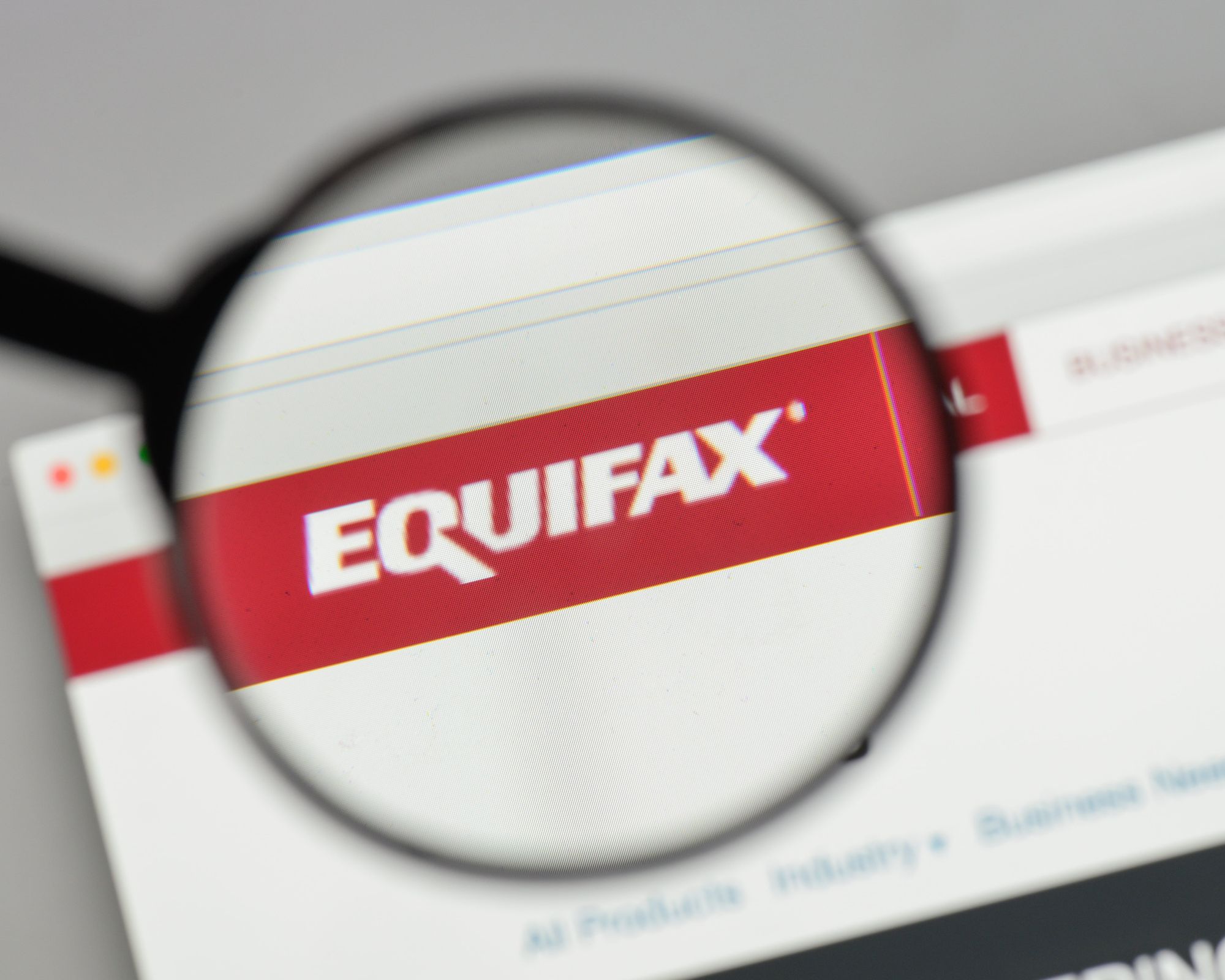Curious about your creditworthiness? Your CIBIL Score, a three-digit number, is the key. It's a reflection of your financial health and plays a pivotal role
Our financial lives now revolve around credit scores. They are essential in determining our chances of getting credit cards, loans, and other financial products. Credit scores are offered to individuals by CIBIL (Credit Information Bureau (India) Limited) and Equifax, the two biggest credit bureaus in India. Banks, lenders, and other financial organisations use these ratings to determine a person's creditworthiness.
So, what is the difference between CIBIL and Equifax, which is better, CIBIL or Equifax? What are the possible Equifax ratings in India? Why do these scores vary, too?
To assist you in ascertaining which credit score (CIBIL score vs Equifax) best meets your financial requirements, we will examine these queries in this blog.
📗 Related reading- Credit Score vs. CIBIL Score: Understanding the Difference
Equifax vs. CIBIL: An Overview
Before we dive into the specifics, it is essential to understand the basic differences between Equifax and CIBIL. Both are credit bureaus that collect and maintain credit information about individuals. They provide credit scores to banks and lenders to help them assess the creditworthiness of borrowers.
However, there are some key differences between the Equifax score and credit score:
-
Ownership: Equifax is a multinational credit reporting agency based in the United States. It operates in more than 24 countries, including India. CIBIL, on the other hand, is an Indian credit bureau and the oldest one in the country.
-
Data Sources: While both Equifax credit score vs. CIBIL score gather data from various financial institutions, there may be variations in the information they receive. As a result, the scores may differ based on the data each bureau has access to.
-
Scoring Models: Equifax and CIBIL use different scoring models to calculate credit scores. These models consider various factors, such as your payment history, credit utilisation, length of credit history, types of credit accounts, and recent credit inquiries. The specific algorithms they use, however, are proprietary and not disclosed to the public.
-
Range and Interpretation: Equifax and CIBIL scores typically fall within different score ranges, which can make it confusing for consumers to understand where they stand in terms of creditworthiness.
Now, let's delve deeper into each of these aspects.
Equifax Credit Score Range in India
Equifax score vs CIBIL score, both provide credit scores in India, the Equifax credit score ranges from 300 to 900. Here's a breakdown of the Equifax score range and what it signifies:
-
300-579: This range is considered poor, and individuals falling into this category are likely to face difficulties in securing credit or loans. Lenders may view them as high-risk borrowers.
-
580-669: Scores in this range are fair, and individuals may find it challenging to get approved for credit. If approved, they might face higher interest rates.
-
670-739: A score in this range is considered good. Individuals with scores in this range are viewed more favourably by lenders and are likely to receive better terms on loans and credit products.
-
740-799: Scores between 740 and 799 are very good. Borrowers in this range are highly likely to be approved for credit with favourable terms and interest rates.
-
800-900: This is an excellent credit score range. Individuals with scores in this range are viewed as low-risk borrowers and have the best chances of securing credit at the most favourable terms and rates.
Now, let's address the question that often plagues consumers' minds: "Why are my Equifax and CIBIL scores different?"
Why Do Equifax and CIBIL Scores Differ?
Equifax and CIBIL, being separate credit bureaus, have their own unique algorithms and data sources, leading to differences in the credit scores they generate for the same individual.
Several factors contribute to these discrepancies, including:
-
Data Sources: The credit bureaus collect data from various financial institutions, such as banks and credit card companies. If a particular lender reports information to one bureau but not the other, it can lead to variations in the credit reports and scores. For instance, if you have a credit card that is reported to Equifax but not to CIBIL, your Equifax score might differ from your CIBIL score.
-
Scoring Models: The proprietary algorithms used by Equifax and CIBIL are not disclosed to the public. These algorithms consider different factors and may weigh them differently. This can result in variations in the credit scores they assign to the same individual.
-
670-739: A score in this range is considered good. Individuals with scores in this range are viewed more favourably by lenders and are likely to receive better terms on loans and credit products.
-
Data Accuracy: Errors in credit reports can occur. If one bureau has more accurate information or updates its records more frequently, it can lead to differences in credit scores. It is crucial to regularly check your credit reports with both bureaus to ensure the information is accurate.
-
Credit Mix: The types of credit accounts you have, such as credit cards, personal loans, and mortgages, can impact your credit score. If your credit mix differs between Equifax and CIBIL reports, it can result in varying scores.
-
Credit Inquiries: Recent credit inquiries can affect your credit score. If you've applied for multiple forms of credit in a short time, it may lead to differences in your scores between the two bureaus if they do not account for inquiries in the same way.
-
Utilisation Rate: Your credit utilisation rate, which is the percentage of your available credit that you're using, can also impact your score. If this rate varies between the two bureaus' data, it can result in score differences.
Which Score Should You Rely On: Equifax or CIBIL?
The choice between Equifax vs CIBIL depends on your specific financial needs and the preferences of the lender you plan to work with. Here are some factors to consider when deciding which score to rely on:
-
Check Both Scores: To have a comprehensive understanding of your creditworthiness, it is advisable to check both your Equifax and CIBIL scores. This will help you identify any discrepancies or errors in your credit reports.
-
Lender Preference: Some lenders may have a preferred credit bureau, and they may use the score from that bureau in their lending decisions. If you're applying for a specific loan or credit card, it is a good idea to ask the lender which credit bureau they rely on.
-
Monitor Regularly: Given that Equifax and CIBIL may receive data from different sources, it is important to monitor both your credit reports. This will help you catch any discrepancies or errors and ensure that your credit history is accurately reflected.
-
Credit Mix and History: Consider the types of credit you have and your credit history. If one bureau's score aligns better with your financial profile, it may be more beneficial for you.
-
Utilise Both: In some cases, you can benefit from both scores. For instance, if you're applying for a mortgage, the lender might check your Equifax score, while a credit card issuer could look at your CIBIL score. Being aware of both can be advantageous in such scenarios.
It is important to note that your credit score is just one part of your creditworthiness. Lenders also consider your income, employment status, and other factors when making lending decisions. Therefore, improving your financial stability and managing your credit responsibly is key to securing favourable terms on loans and credit products.
Conclusion
Both Equifax and CIBIL are reputable credit bureaus in India, and both provide valuable credit scores to individuals and lenders. The choice between Equifax vs. CIBIL ultimately depends on your specific financial circumstances and the lender's preference. Regardless of which score you rely on, it is essential to monitor your credit regularly, maintain a good credit history, and address any discrepancies or errors to ensure your creditworthiness is accurately represented.
AUTHOR
KreditBee As a market leader in the Fintech industry, we strive to bring you the best information to help you manage finances better. These blogs aim to make complicated monetary matters a whole lot simpler.







